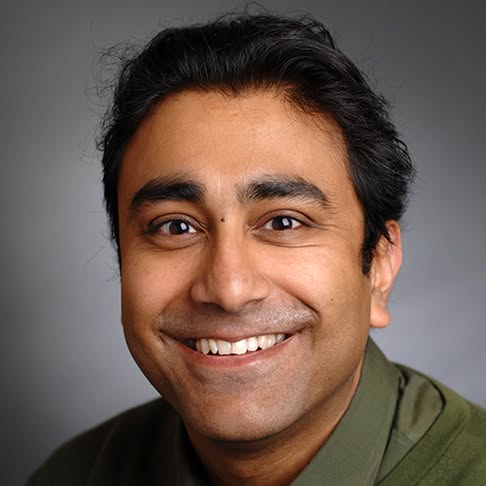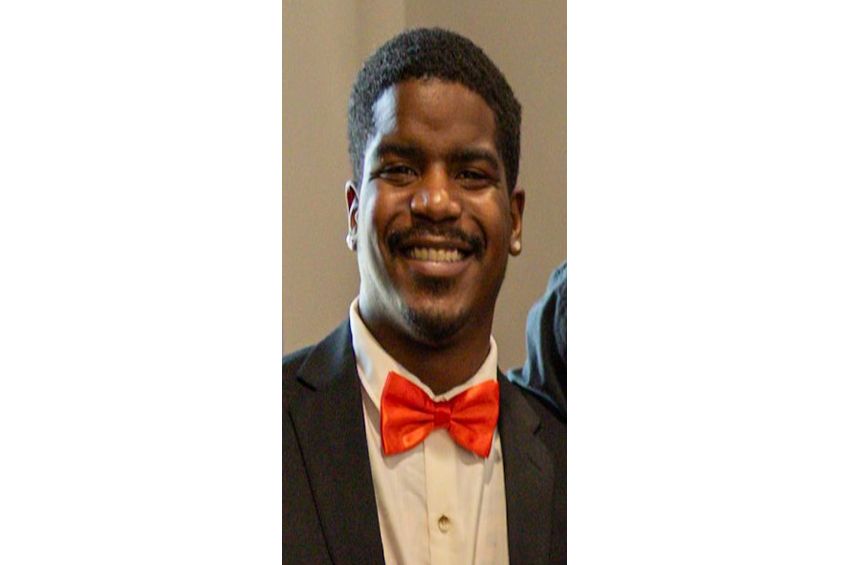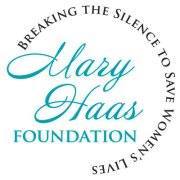
Mary Haas Ovarian Cancer Early Detection Foundation Inc
The Mary Haas Foundation is dedicated to breaking the silence by raising awareness and funds to fulfill the dire need for timely diagnosis of ovarian cancer. Breaking the Silence to Save Women's Lives

ICO
272014217
442
X (Twitter)
31
Address
Burlington
Mary Haas Foundation – Breaking the silence to save Women's lives OUR MISSION The Mary Haas Foundation is dedicated to raising awareness and funds to fulfill the simple unmet and dire need for timely diagnosis of ovarian cancer. While others lead in looking for a cure the Mary Haas Foundation is looking to save lives now through early detection. MAKING MOVES WHAT WE DO Mary Haas Foundation is determined to save womens lives by raising awareness and funds for early detection of ovarian cancer. Heres how we are achieving this goal EDUCATION RESEARCH AWARENESS Breaking the Silence to Save Womens Lives.
From Social media
News about from their social media (Facebook and X).
Data about organisation
Diseases of Specific Organs Category
Organisations with similar rank to Mary Haas Ovarian Cancer Early Detection Foundation Inc in category Diseases of Specific Organs

66. Butler County Association for the Blind Incorporated
With your help, we can raise awareness about blindness and empower and educate individuals who have.

67. Mary Haas Ovarian Cancer Early Detection Foundation Inc
Breaking the Silence to Save Women's Lives.
Burlington
Organisations from Mary Haas Ovarian Cancer Early Detection Foundation Inc

253. Chinook Club of America Inc
The Chinook Club of America is the American Kennel Club’s Parent Club for the Chinook.

254. New Sudan Jonglei Orphans Foundation Inc
DOF is a nonprofit organization based in Burlington, Vermont.

255. Mary Haas Ovarian Cancer Early Detection Foundation Inc
Breaking the Silence to Save Women's Lives.
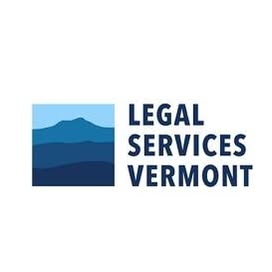
256. Legal Services Law Line of Vermont Inc
Find legal information.
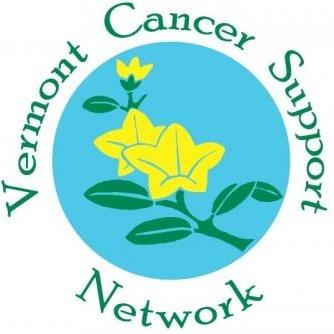
257. Vermont Cancer Support Network, Inc
VCSN improves the quality of life for Vermonters living with cancer by providing programs of support, information, education; maintaining a comprehensive list of support resources; and, promoting other cancer-related organizations.
Similar organisations
Similar organisations to Mary Haas Ovarian Cancer Early Detection Foundation Inc based on mission, location, activites.
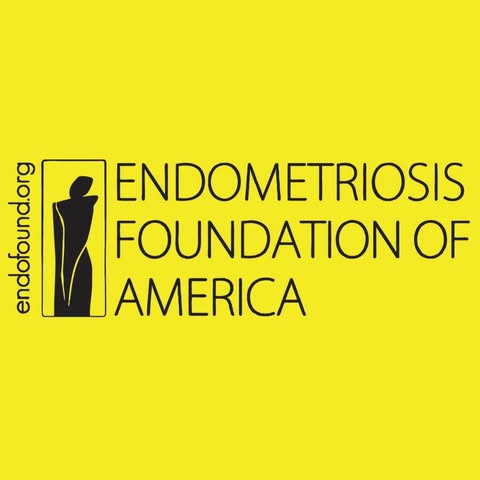
ENDOMETRIOSIS FOUNDATION OF AMERICA
The EndoFound is a non-profit organization focused on increasing disease recognition, providing advocacy, facilitating expert surgical training, and funding landmark endometriosis research.

Turn the Towns Teal® is a national campaign to promote awareness of ovarian cancer and its symptoms.

NEFS is dedicated to promoting awareness, standards of information, and assistance to providers and patients in the field of infertility in New England.

American Bladder Cancer Society Inc
Join us on Facebook and our online support community www.
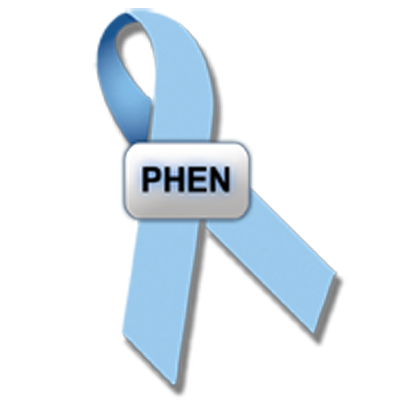
Prostate Health Education Network Inc
The Prostate Health Education Network, Inc.
Similar Organisations Worldwide
Organisations in the world similar to Mary Haas Ovarian Cancer Early Detection Foundation Inc.

Letitia Linke Research Foundation Incorporated (au)
The Letitia Linke Research Foundation is a not-for-profit, SA-based and board-run charity focused on raising funds and awareness for Ovarian Cancer.

Ovarian Cancer Australia Limited (au)
Ovarian Cancer Australia is the independent national organisation that takes action for people affected by ovarian cancer.

Gynaecological Cancer Foundation Ltd. (au)
Funding clinical research that results in kinder treatments for women with gynaecological cancer.
Interesting nearby
Interesting organisations close by to residence of Mary Haas Ovarian Cancer Early Detection Foundation Inc

Mary Haas Ovarian Cancer Early Detection Foundation Inc
Breaking the Silence to Save Women's Lives.
Similar social media (473)
Organisations with similar social media impact to Mary Haas Ovarian Cancer Early Detection Foundation Inc

203287. Arkansas Ready Mixed Concrete Association
Statewide trade association representing the ready mixed concrete industry.
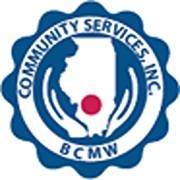
203288. Bcmw Community Services
BCMW Community Services Inc is an Nonprofit Organization that was founded in 1967.

203289. Mary Haas Ovarian Cancer Early Detection Foundation Inc
Breaking the Silence to Save Women's Lives.
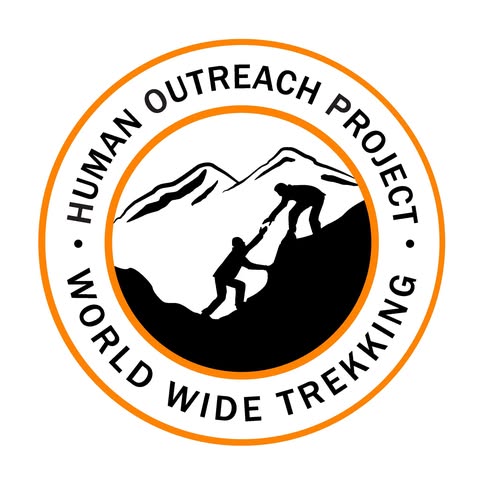
203290. HUMAN OUTREACH PROJECT
A 501 (c)(3) non-profit charitable organization conceived out of the idea that climbers and trekkers should give back to local communities.

203291. United Food and Commercial Workers International Union
The premier retail union in New Jersey - send us a message to learn how to join now.
Join us and make a difference for the future!
Sign Up
Please fill in your information. Everything is free, we might contact you with updates (but cancel any time!)
Sign in with GoogleOr
Good News
"Just saw Bill Gates make a surprise cameo in an iconic Indian TV drama! 🎉 It's amazing to see influential figures bridge cultures and promote positive messages through unexpected collaborations. 🌍💡 #PositiveNews #CulturalCrossover #Philanthropy"
Why Bill Gates did a cameo in an iconic Indian TV drama
Yahoo
Like Comment"Great news! The Treasury Committee is advocating for the cash Isa limit to remain unchanged, supporting savings and encouraging more people to invest wisely! 💰📈 #GoodNews #InvestInYourFuture"
Government should not cut cash Isa allowance, says Treasury Committee
Yahoo News UK
Like Comment"Thrilled to see brave advocates traveling to D.C. to champion the HEARTS Act! ❤️ Their personal stories remind us how crucial it is to equip our schools with lifesaving CPR training. Together, we can make a difference! #HEARTSAct #CPR #LifesavingEducation"
Oklahoma advocates bring personal stories to Capitol Hill to push for lifesaving school CPR legislation
American Heart Association
Like Comment